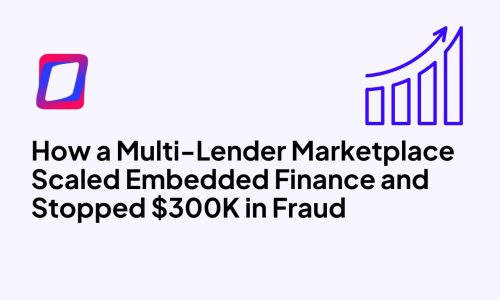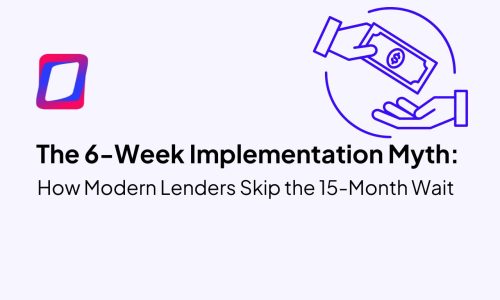Investment Banking 101: Understanding Services, Strategies, and Financial Activities
Dive into the World of Investment Banking: Insights, Trends, and Strategies
Investment banking is a specialized financial service that helps individuals, businesses, and governments raise capital by underwriting and issuing securities. It involves various financial activities such as mergers and acquisitions, initial public offerings (IPOs), corporate restructuring, and debt and equity financing. Investment banks also advise on financial strategies, risk management and market analysis.
In this Beginner’s Guide to Investment Banking, we will dive into the services, strategies, and financial activities of investment banking. Whether you’re an investor, entrepreneur, or someone interested in working in the finance industry, this guide will provide valuable insights into investment banking.
What is Investment Banking
Investment banking is a branch of the financial services industry that specializes in helping clients raise capital by underwriting and issuing securities. Investment banks also provide advice on mergers and acquisitions, initial public offerings (IPOs), corporate restructuring, and debt and equity financing. Investment banks also advise on financial strategies, risk management, and market analysis. They use their expertise and connections to help clients achieve their financial goals.
Investment banks typically work with large corporations, government entities, and wealthy individuals. Banks may also provide research and analysis of financial markets and companies, which investors can use to make informed decisions.
Private Equity vs. Family Offices: Key Differences and Similarities
Private equity firms and family offices are two types of investment firms that manage assets on behalf of their clients. Private equity firms pool money from investors to buy companies or assets to improve their performance and sell them for a profit. Family offices, on the other hand, manage the financial affairs of a wealthy family or group of families to preserve and grow their wealth over generations.
While private equity and family offices deal with large amounts of capital, there are critical differences between them. Private equity firms typically invest in companies to sell them within a few years, while family offices focus on long-term wealth preservation. Private equity firms are also more actively involved in managing their portfolio companies, while family offices tend to take a more hands-off approach.
Navigating Mezzanine Financing: What You Need to Know
Mezzanine financing is a form of debt that sits between senior debt and equity in a company’s capital structure. It is typically used to fund growth, acquisitions, or refinancing. Mezzanine financing gives the lender the right to convert their loan into equity later, giving them a potential equity upside if the company performs well.
Mezzanine financing can be helpful for companies that need capital but have yet to be ready for an IPO or other equity financing. It can also be a good choice for companies that want to maintain control and ownership of their business while still accessing capital. However, mezzanine financing is typically more expensive than other forms of debt due to the increased risk and potential upside for the lender.
The Impact of Rising Interest Rates on Private Equity Operators
Rising interest rates can have a significant impact on private equity operators. Higher interest rates can make it more expensive for companies to borrow money, affecting their ability to grow and invest. This, in turn, can affect the performance of private equity investments.
Private equity firms may also face challenges in raising funds from investors when interest rates are high. Investors may be less willing to invest in private equity funds when they can earn a comparable return in less risky investments like bonds.
The Role of ESG in Operating a Company
Environmental, social, and governance (ESG) factors have become increasingly important for companies in recent years. ESG refers to a company’s sustainability and ethical practices, including its impact on the environment, treatment of employees, and corporate governance.
Investors increasingly look at ESG factors when making investment decisions, as they are seen as an indicator of long-term financial performance and risk. Companies prioritizing ESG factors are more likely to attract investment and retain customers, as they are perceived as responsible and ethical.
Democratization of Investing and Crowdfunding:
The democratization of investing and crowdfunding has made it easier for individuals to invest in private companies and startups, creating new opportunities for investors to access high-growth investments previously only available to institutional investors. Crowdfunding platforms like Kickstarter and Indiegogo allow individuals to invest in startups and small businesses through rewards-based or equity-based crowdfunding. Rewards-based crowdfunding allows backers to receive a product or service in exchange for their investment, while equity-based crowdfunding allows backers to own a share of the company.
The democratization of investing has also led to the rise of online investment platforms like Robinhood, which offer commission-free trading and easy access to various investment products. These platforms have made it easier for individuals to manage their investment portfolios and take control of their financial futures.
However, it is essential to note that investing in private companies and startups can be risky and should be approached cautiously. These investments are typically illiquid, meaning it can be challenging to sell your shares if you need to access your funds quickly. Additionally, startups and private companies often have a higher risk of failure than established companies.
The Investment Banking Outlook for 2023 and Beyond
According to Tom McDermott, Managing Director at Cambridge Wilkinson, private equity activity is likely to slow down in 2023 due to a combination of factors, including nervousness about the US economy, rising interest rates, and the potential for a recession. In addition, the outcome of the US presidential election could have an impact on the industry.
In terms of debt vs. equity in deals, McDermott emphasizes the importance of speed. When companies need to raise capital quickly, debt financing may be a better option than equity financing, which can take longer to secure.
Gain Valuable Insights into Investment Banking with Tom McDermott
The latest episode of GDS Link’s podcast, ‘The Lending Link’ features McDermott, as he shares valuable insights and demystifies the world of investment banking. In this episode, he discusses the latest trends in private equity and details the potential impact of the US economy, rising interest rates, and the presidential election on the industry.
In the discussion, McDermott emphasizes the importance of speed in debt vs. equity deals and provides a deeper understanding of investment banking. Whether you’re an investor, entrepreneur, or simply interested in finance, this podcast is a must-listen.
Tune in now to gain valuable insights and stay ahead of the competition:
Maximize Your Financial Success with GDS Link
If you’re interested in modifying your risk management strategy or your lending processes, contact GDS Link today. Our team of experts can provide you with the support and expertise you need to achieve your financial goals.
Recent articles

The Secondary Decision Gap: Why Collections Costs Are Killing Your ROI
Read article
How a Multi-Lender Marketplace Scaled Embedded Finance and Stopped $300K in Fraud
Read article





